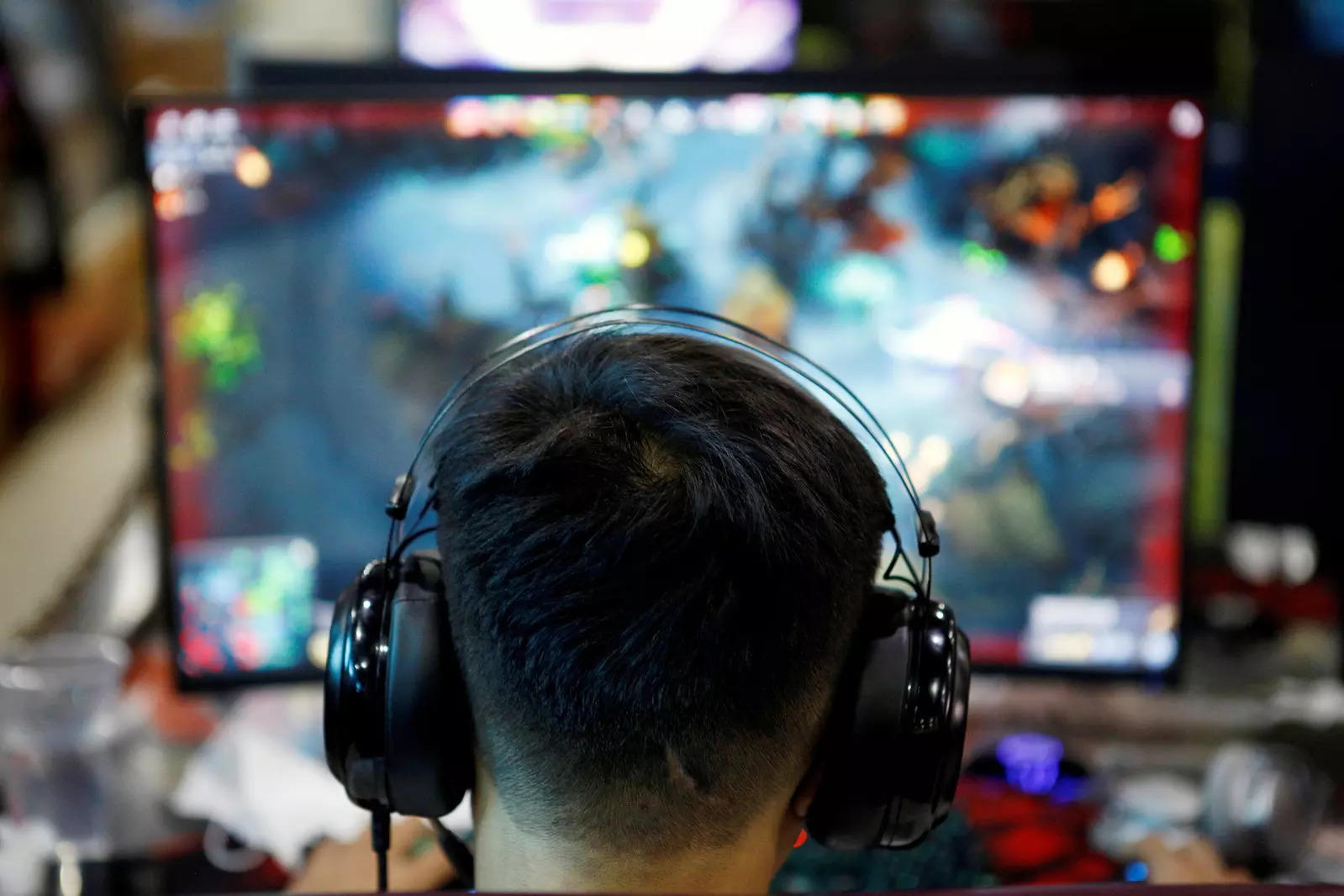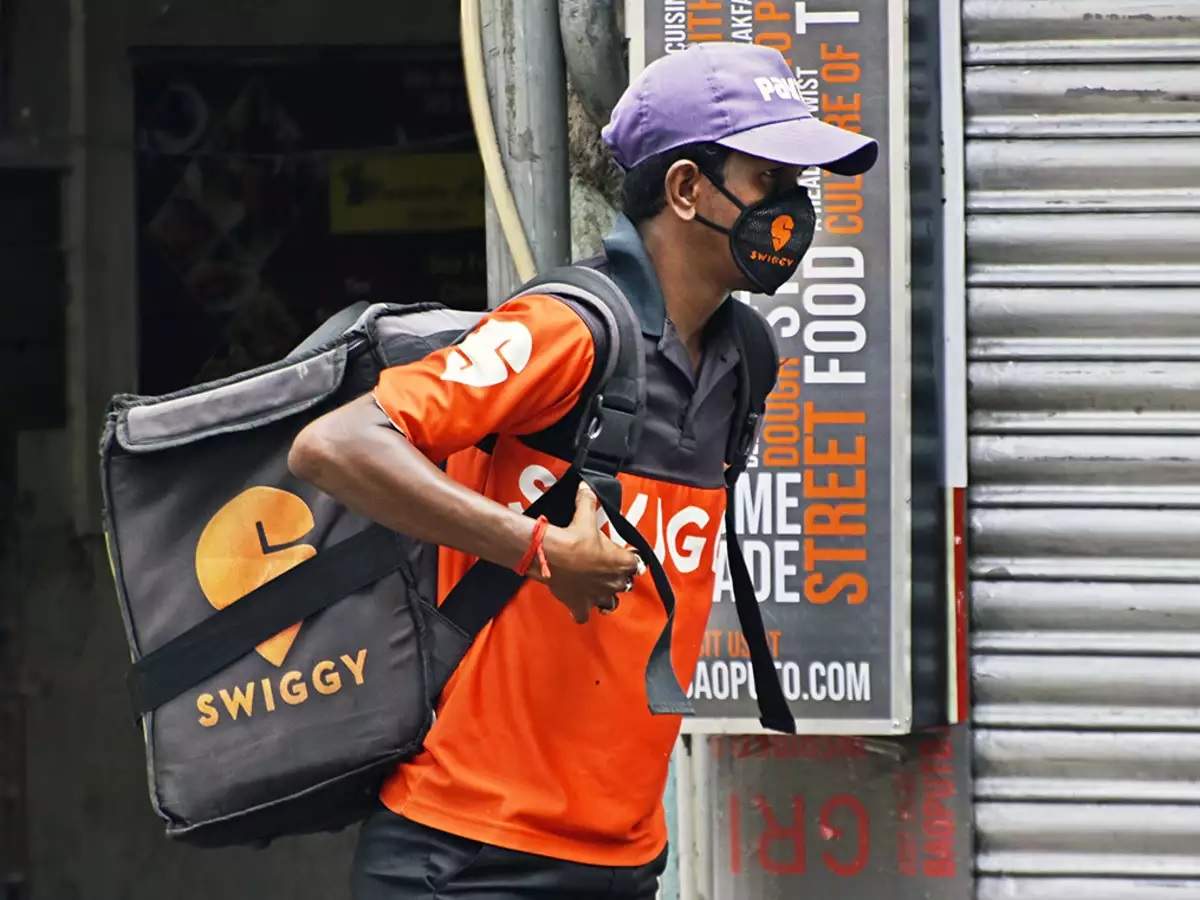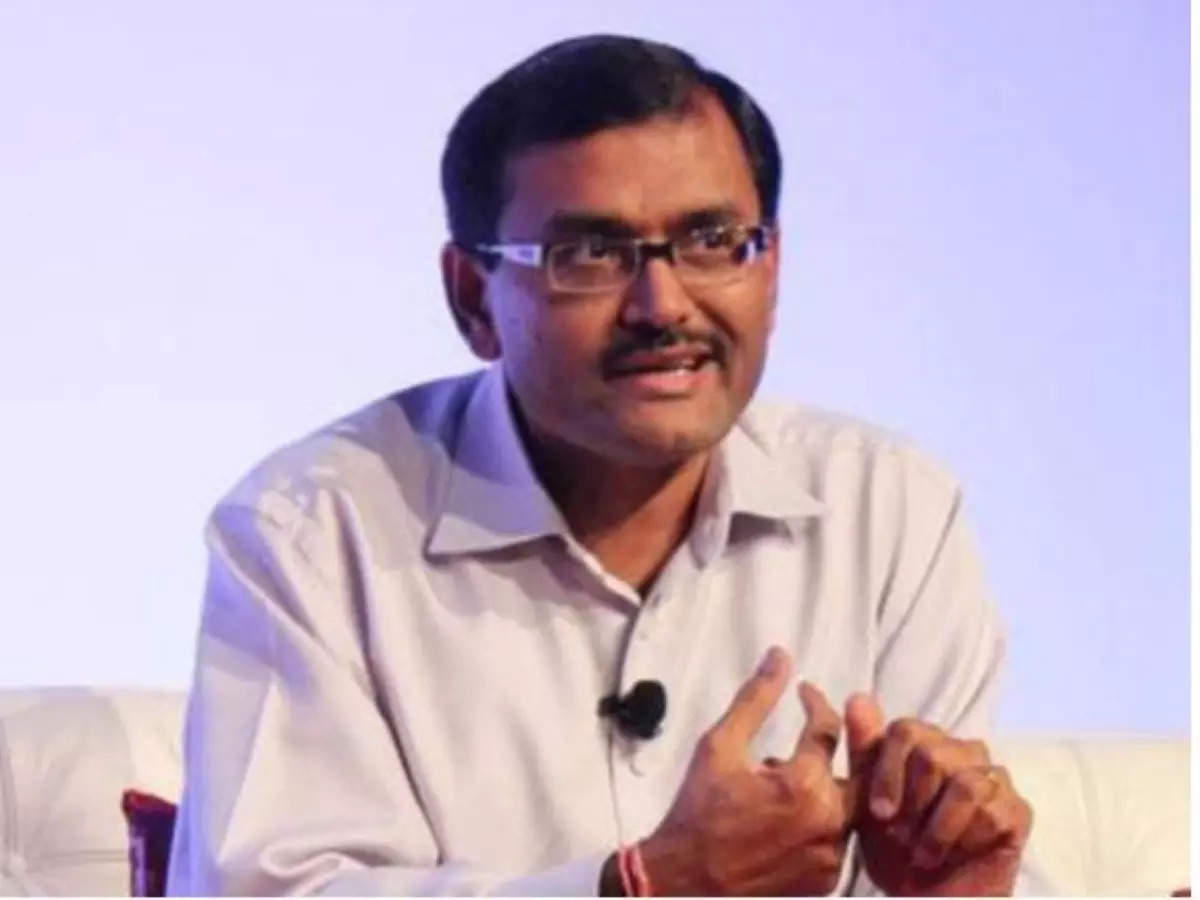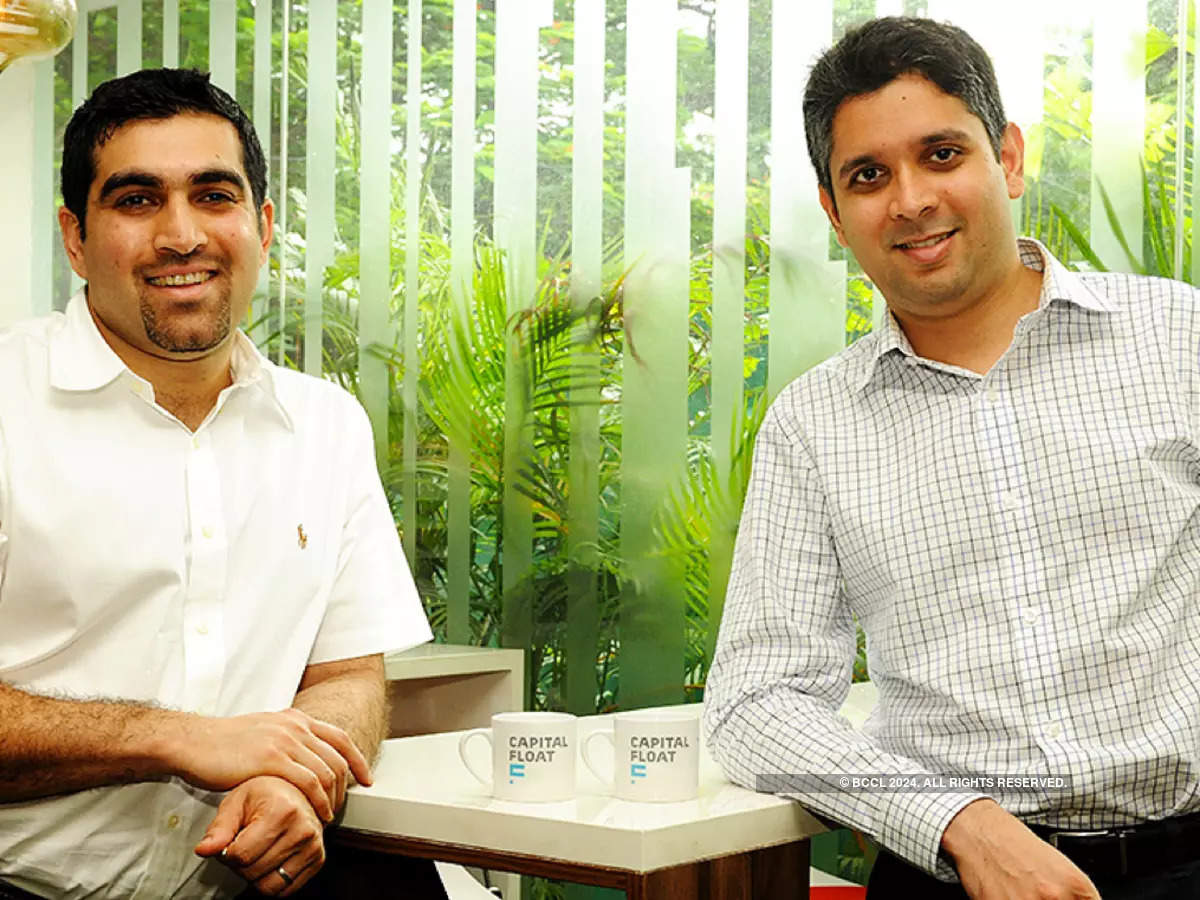K’taka gaming ban ‘in two months’; Swiggy spins off Supr Daily
Also in this letter:
Swiggy turnsSupr Daily into separate businessDeep Nishar to leaveSoftBank Vision Fund - Australia challenges
Google ‘s ad dominance
Karnataka to implement law banning online games in two months

The Karnataka government plans to implement its new online gaming law in about two months after framing the rules, home minister Araga Jnanendra told us on Monday.
Last week, the state legislature passed a set of major amendments to the Karnataka Police Act, 1963, banning online “games of chance”. It is now awaiting the governor’s assent. The government will notify draft rules under the amended law first, and issue a final notification after examining suggestions and objections from stakeholders.
About the bill: The bill calls for a ban on all forms of online gambling and betting and provides for a maximum imprisonment of three years or a fine of up to Rs 1 lakh. However, it does not ban lotteries or betting on horse races.
Quote: “The government has started working on the rules. We want to implement it soon. We hope to implement it in about two months,” Jnanendra said.
The amendment, he said, has removed certain legal difficulties in dealing with gambling as pointed out by the Dharwad bench of the Karnataka High Court. “We have made betting and wagering in online games a cognisable offence punishable with a prison term of more than a year. We have also increased the fine amount by 10 to 15 times,” he said.
Ready for legal challenges: On reports that some gaming companies are planning to challenge Karnataka’s new law in courts, Jnanendra said the government has studied the past rulings of courts and that the state’s amendments were aligned with them. “The government is well prepared to defend if a legal challenge arises with regard to the new law,” he said.
But there’s precedent: In February, the Tamil Nadu government introduced a similar law, called the Tamil Nadu Gaming and Police Laws (Amendment) Act, 2021, to ban all forms of gambling, including online gaming.
In August, Madras High Court struck down this law as unconstitutional, saying the complete prohibitions on online games was unreasonable, excessive and arbitrary. The court’s ruling came on a petition filed by Junglee Games India.
Opposition: Earlier this month, the Internet and Mobile Association of India (IAMAI) said that the Karnataka Police Act (Amendment) Bill appeared to have been drafted without considering the various legal and constitutional positions, and that its wide definition of ‘gaming’ was against various Supreme Court and high court judgements. It said the legislation could hurt Karnataka’s position as the country’s startup hub and lead to the loss of jobs and revenue for the state.
Related coverage
Swiggy turns Supr Daily into separate business, cofounders exit

With the market for online delivery of essentials growing amid the pandemic, Swiggy has spun off Supr Daily, its subscription-based service that it acquired in 2018, into a separate unit.
The move comes amid talks between Swiggy, US-based asset manager Invesco and others for a $500-$600 million investment at a valuation of $10 billion, we reported exclusively on Tuesday.
New CEO: Phani Kishan, who was promoted from vice president of strategy and investments to cofounder in July, will take over as chief executive of Supr Daily. He has been on Supr Daily’s board since Swiggy acquired it in 2018. Swiggy founder Sriharsha Majety made the announcement in an email to employees, which was later posted on the company’s website.
Cofounders exit: With this, Supr Daily’s cofounders Puneet Kumar, Shreyas Nagdawane and Rohit Jain will leave the company.
Quote: “Over the past three years, the business has grown by leaps and bounds. Supr Daily currently serves about 500,000 customers on a monthly basis and delivers about 200,000 daily orders across six cities,” Majety wrote in the email. “The category has immense potential and we’ve been thinking through the several structures that best set it up for success in the long term.”
The competition: In the daily essentials category, Swiggy competes with BigBasket’s BB Daily and recent entrants such as Reliance JioMart, which has been testing the service in Bengaluru and Chennai. Milkbasket—now part of the Reliance group—is also a contender.
Convenience platform: Last month, SoftBank founder Masayoshi Son called Swiggy a “convenience delivery platform”. Indeed, the company has been investing heavily in expanding its non-food delivery businesses. Majety said the company plans to leverage its existing customer base to expand into non-food delivery verticals and become a last-mile logistics player.
Tweet of the Day
Deep Nishar to leave SoftBank Vision Fund by year-end

Deep Nishar, senior managing partner, SoftBank Vision Fund
Deep Nishar, a senior managing partner at SoftBank Vision Fund, said he is leaving the firm at the end of the year.
Quote: “I will bid adieu to my amazing team and colleagues at the end of this year. With much gratitude for the honour and privilege of serving the SoftBank family,” he said in a Twitter post.
38 deals under his belt: Nishar, who leads enterprise, health tech and frontier tech investments at SoftBank Investment Advisers, has been involved in 38 of its bets, including Grofers, Deep Genomics, Eightfold AI, Fungible and Slack Technologies.
Experience: Nishar has more than 20 years of experience in helping build and grow internet and software businesses. Before joining SoftBank, he served as senior vice president of products and user experience at LinkedIn and held a number of leadership roles at Google. Previously, he was the founder of enterprise software company Patkai Networks.
He is known for his stint as LinkedIn’s product head, having helped the professional networking site grow from 32 million members to 347 million subscribers by the time he left.
Also Read: Bull run for private technology funding market coming to an end, says Softbank’s Deep Nishar
ETtech Done Deals

Gaurav Hinduja (left) and Sashank Rishyasringa, co-founders of
■ Digital lending startup Capital Float has raised $50 million in a round led by private equity firm Lightrock India. The equity round also saw participation from existing investors Sequoia Capital India, Ribbit Capital, and Creation Investments.
■
■
Australia challenges Google’s ad dominance

Australia’s antitrust watchdog called for powers to curb Google’s use of internet data to sell targeted ads, joining other regulators in saying the firm dominates the market to the point of hurting publishers, advertisers and consumers.
The comments, in a report published today, puts Australia alongside Europe and the UK, where regulators want to stop Google trouncing rival advertisers by using the data it collects from people’s online searches to place marketing material.
What is ad tech? Advertising technology, or ad tech, refers to services that facilitate transactions to buy and sell online advertising space and that determine which ads are shown to consumers. They involve automated use of algorithms that result in an image or video—including banners and pop-ups—appearing with online content.
On market dominance: The Australian Competition and Consumer Commission (ACCC) report found that Google has a dominant position in the ad tech supply chain in Australia and estimates that more than 90% of ad clicks passed through at least one Google service in 2020. The ACCC also found that Google used its market position to preference its own services and protect them from competition.
Demand for additional powers: The ACCC wants special powers to address the imbalance of advertiser access to consumer data, such as introducing a rule that would stop a company from using data collected by one part of its business to sell targeted advertisements via another part without a rival company getting the same benefit.
Nadella on TikTok: Meanwhile, Microsoft CEO Satya Nadella has termed the company’s near-acquisition of TikTok as “the strangest thing I’ve ever worked on.”
In August 2020, TikTok had been ordered by then US President Donald Trump to separate its US version from Chinese parent ByteDance Inc. or face a potential ban due to national security concerns. Microsoft began talks on the proposed acquisition but the deal collapsed by September.
Quote: “TikTok was caught in between a lot of things happening across two capitals…President Trump had a particular point of view of what he was trying to get done there, and then it just dropped off. The [US government] had a particular set of requirements and then it just disappeared,” Nadella said.
Today’s ETtech Top 5 newsletter was curated by Arun Padmanabhan in New Delhi and Zaheer Merchant in Mumbai.
For all the latest Technology News Click Here

